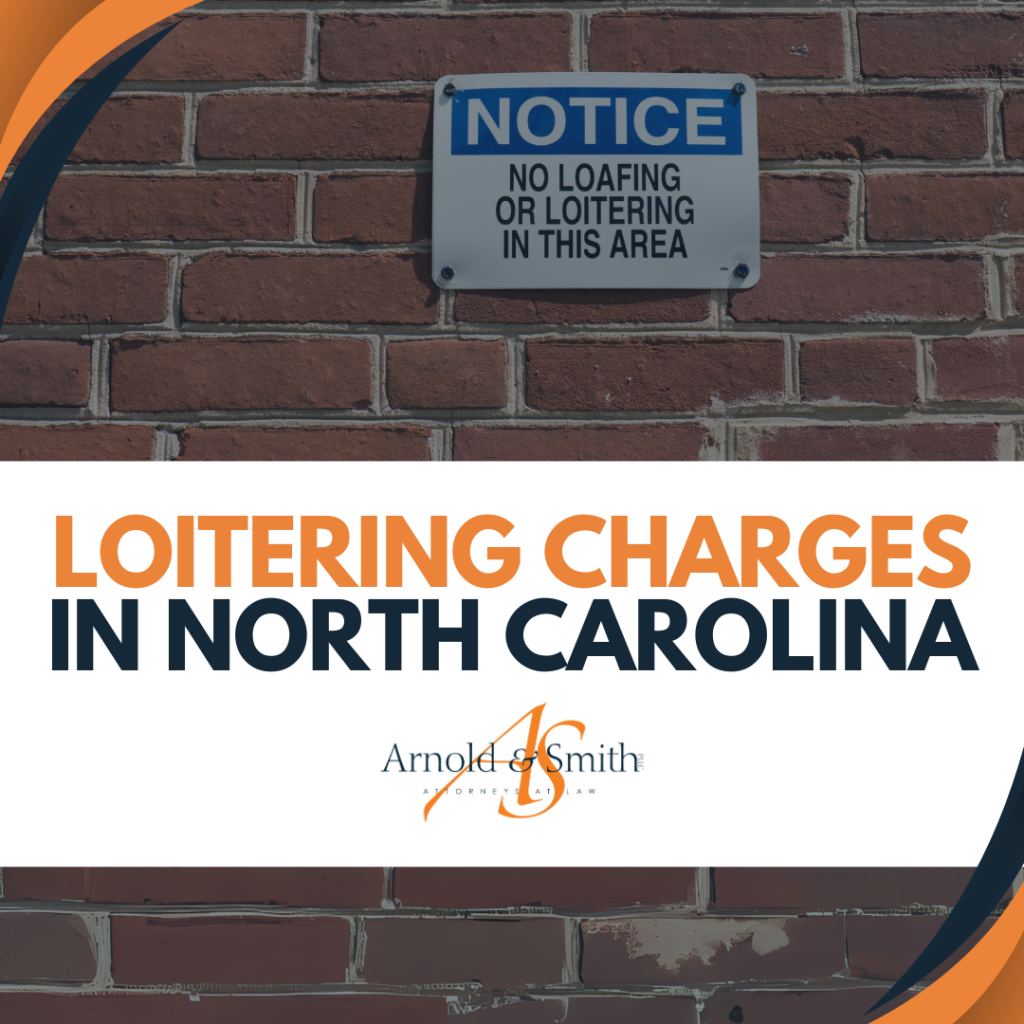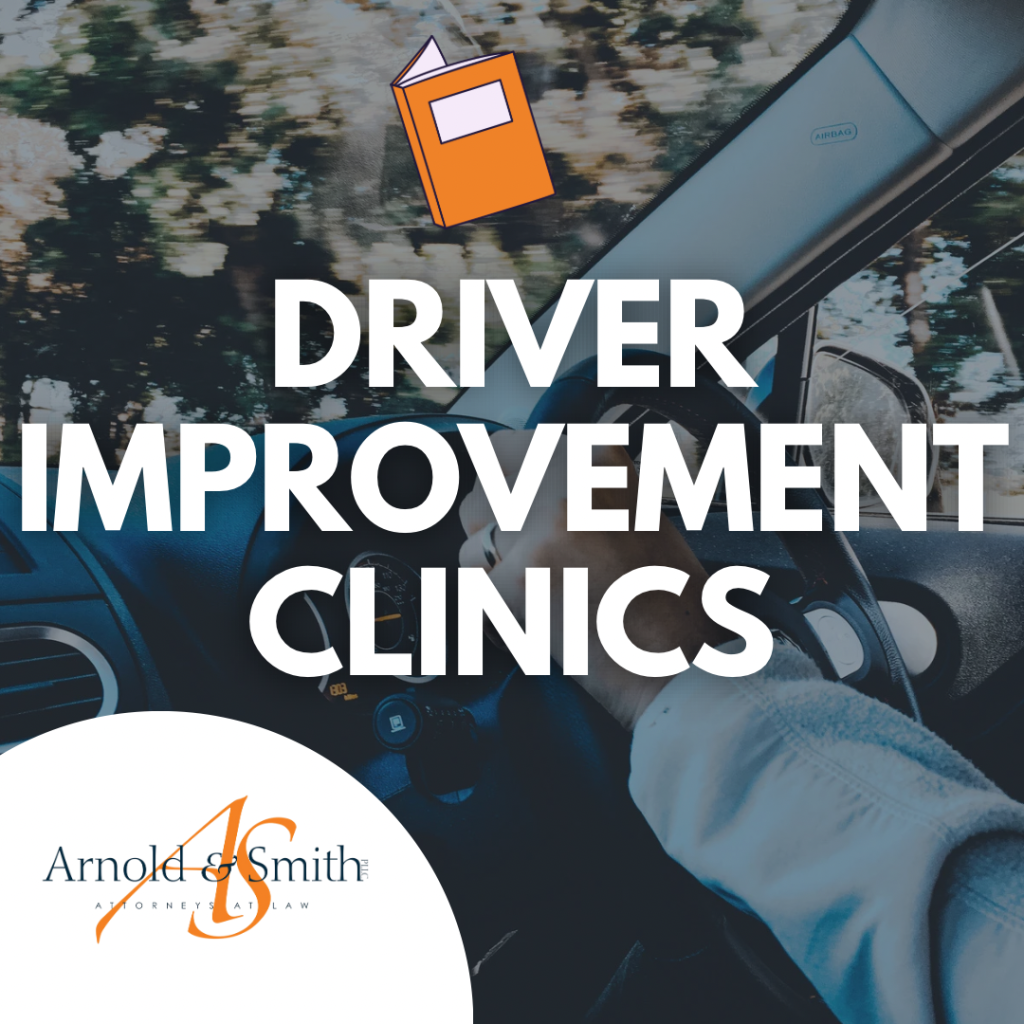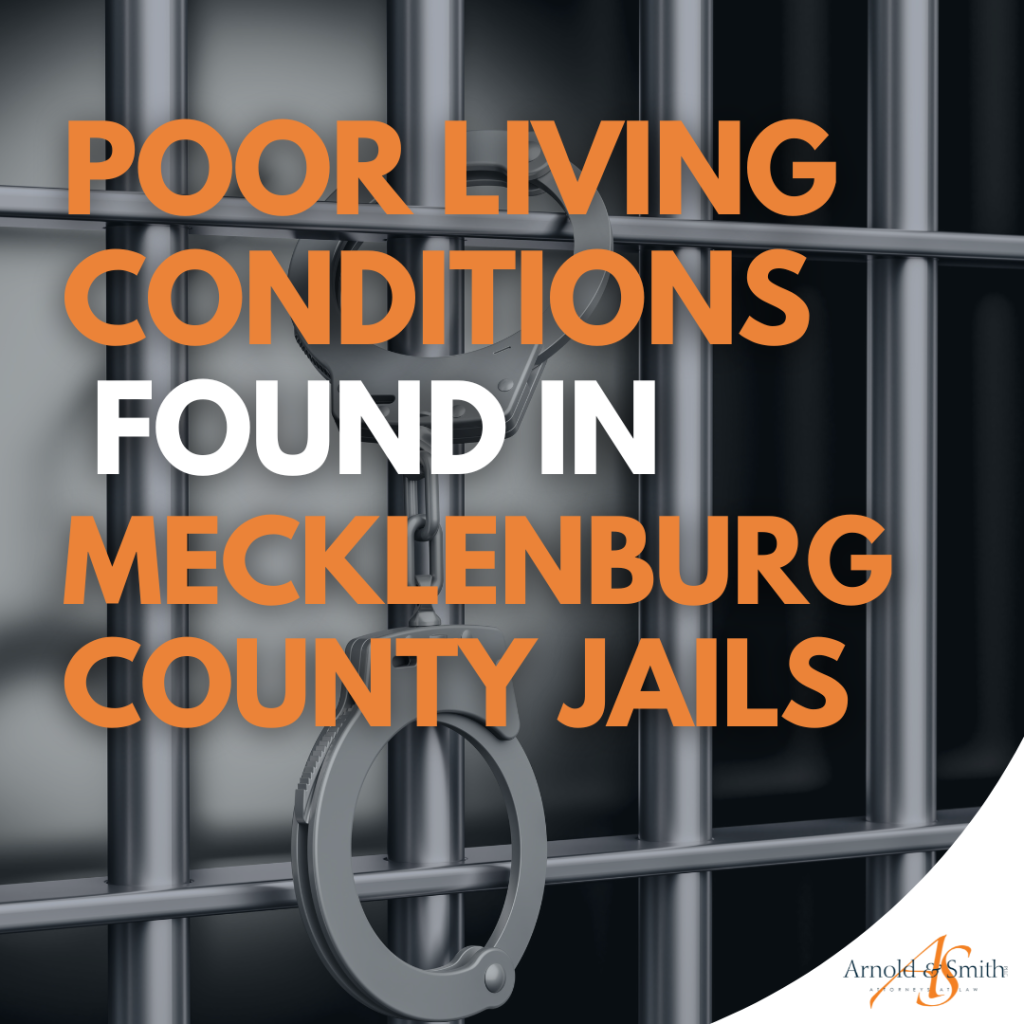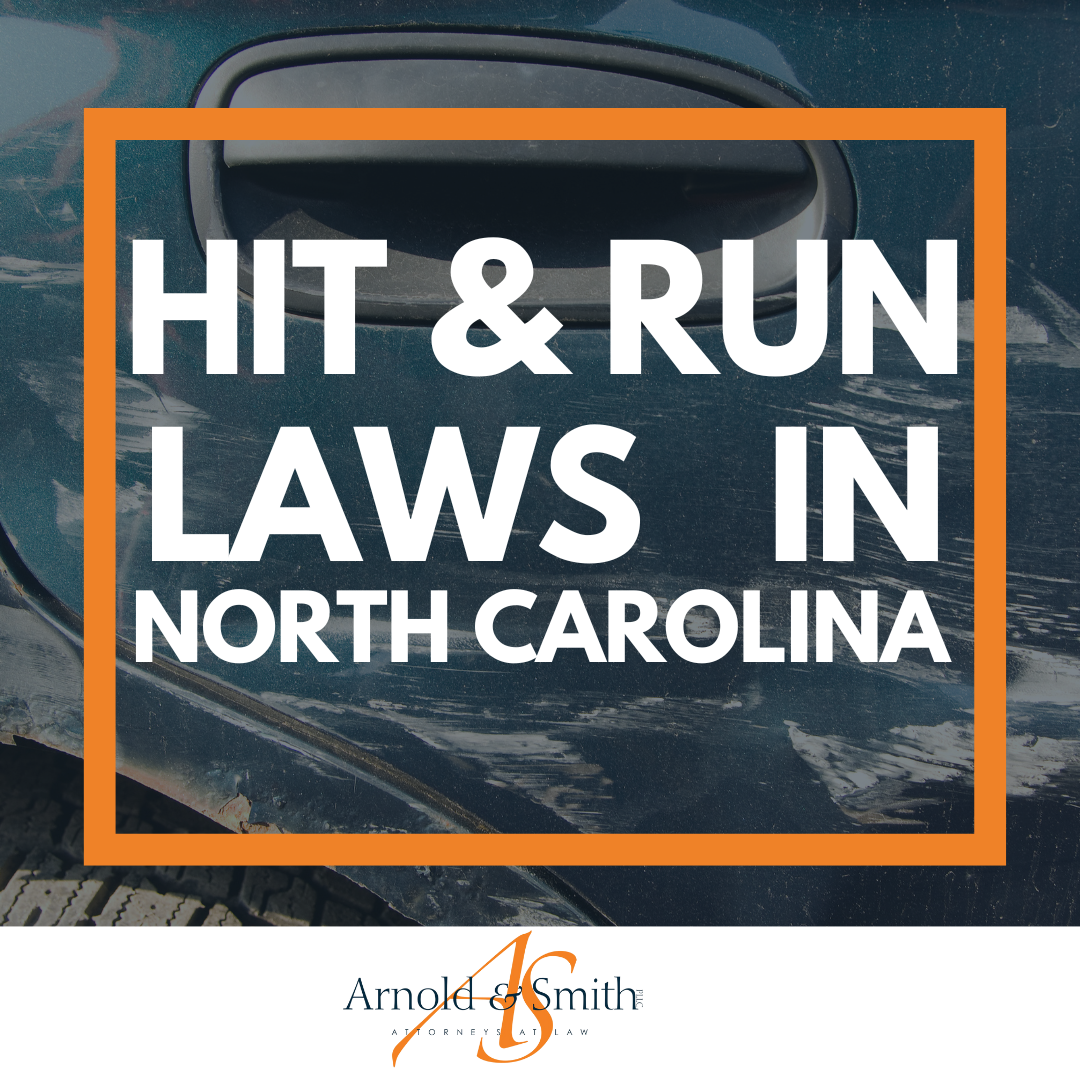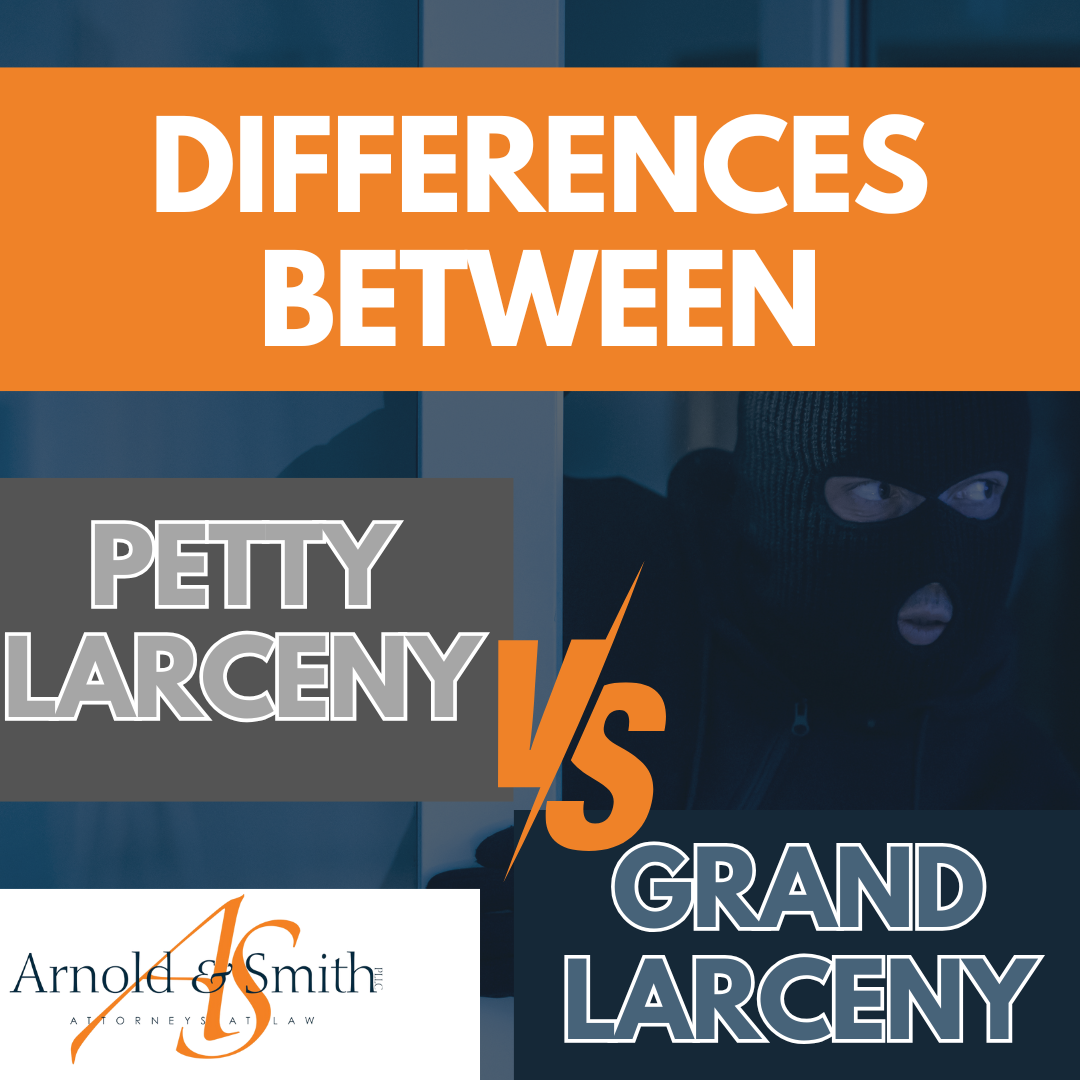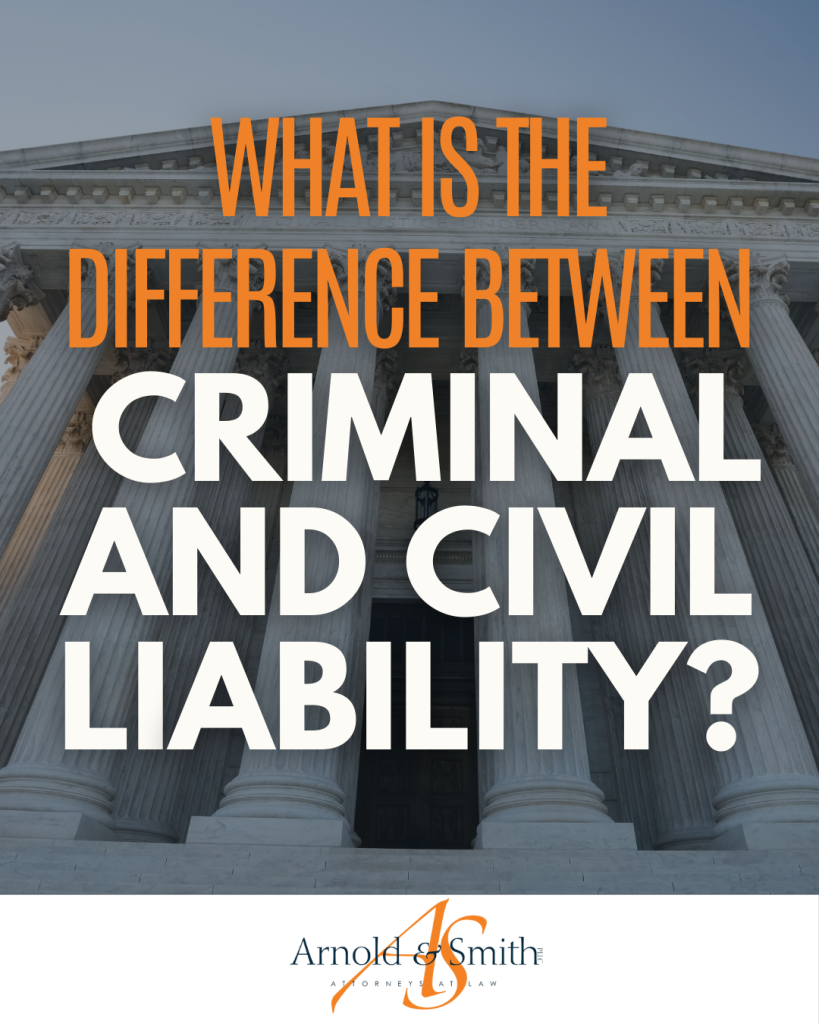 What is the Difference Between Criminal and Civil Liability?
What is the Difference Between Criminal and Civil Liability?
The legal system can be complex, with various types of charges and penalties in place for those who do something wrong. Federal, state, and local laws are in place to ensure that people do not harm others through their actions. These laws generally provide for criminal penalties such as a jail sentence and more. Sometimes, a person may cause harm to another, even when the action is not considered a crime. It is helpful to understand the differences between criminal and civil liability as well as the overlap that may occur in some situations.
Criminal Charges
 Charlotte Criminal Lawyer Blog
Charlotte Criminal Lawyer Blog



